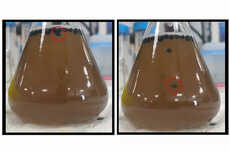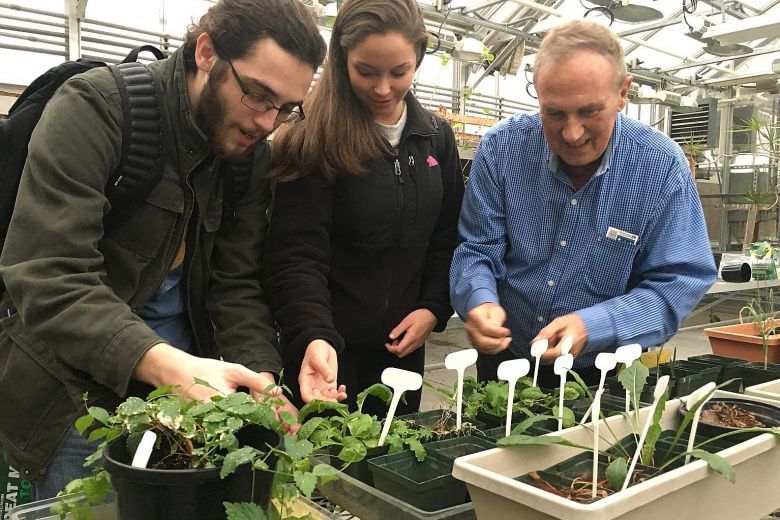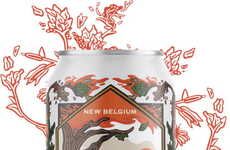
Students at Villanova University Have Discoverd a Way to Produce Martian Beer
Justin Lam — January 15, 2018 — Tech
References: nytimes & straitstimes
The search for water on Mars may be one of the primary concerns of space travel, but thanks to students at Villanova University, we now know that it is possible to produce Martian beer. As part of a lab experiment, assigned by professor Edward F. Guinan, 25 students worked as farmers experimenting on which crops could grow on Martian soil. Students were tasked with finding viable food solutions on the red planet and while most chose practical food options, one group chose hops after Guinan vetoed their proposal for marijuana.
While the soil used in the experiment wasn't actually from Mars—as there has yet to be a sample brought back to Earth—the analogous material used in the experiment was based on measurements and data sent back by Mars rovers. In the experiment, the student used coffee grounds to change the regularly dry soil to something hospitable. This findings could prove to be incredibly fruitful in the eventual expedition to Mars, as it proves that the harsh Martian soil can be changed and augmented to inhibit vegetation and even Martian beer.
While the soil used in the experiment wasn't actually from Mars—as there has yet to be a sample brought back to Earth—the analogous material used in the experiment was based on measurements and data sent back by Mars rovers. In the experiment, the student used coffee grounds to change the regularly dry soil to something hospitable. This findings could prove to be incredibly fruitful in the eventual expedition to Mars, as it proves that the harsh Martian soil can be changed and augmented to inhibit vegetation and even Martian beer.
Trend Themes
1. Mars Crop Farming - The experiment conducted by Villanova students shows that it is possible to grow crops on Mars, giving rise to the opportunity for research and the development of a strategy for future farming on the planet.
2. Space-based Agriculture - The research on crops in Martian soil opens up opportunities to identify and develop plant species that would be suitable for long-term space missions and habitats.
3. Sustainable Space Food Solutions - The creation of Martian-grown hops could give rise to the development of eco-friendly and sustainable food and beverage solutions for use in long-term space travel.
Industry Implications
1. Space Exploration - The research carried out at Villanova could pave the way for more agriculture-based space missions, opening opportunities for space exploration companies to invest in food solutions and self-sustaining habitats.
2. Beverage Manufacturing - The discovery that it's possible to grow hops on Martian soil creates new opportunities in the beverage manufacturing industry by developing new, exotic types of beer.
3. Agriculture and Environmental Science - The experiment's success could spur innovation in finding sustainable methods of agriculture in less habitable environments for Earth-bound countries and companies.
3
Score
Popularity
Activity
Freshness























